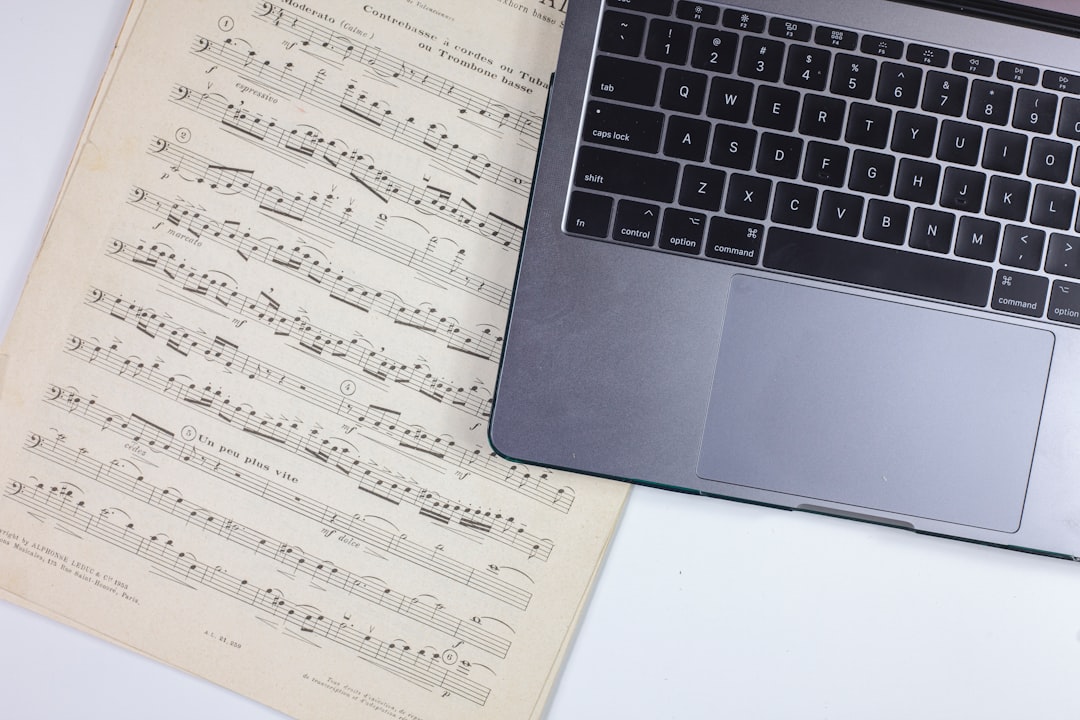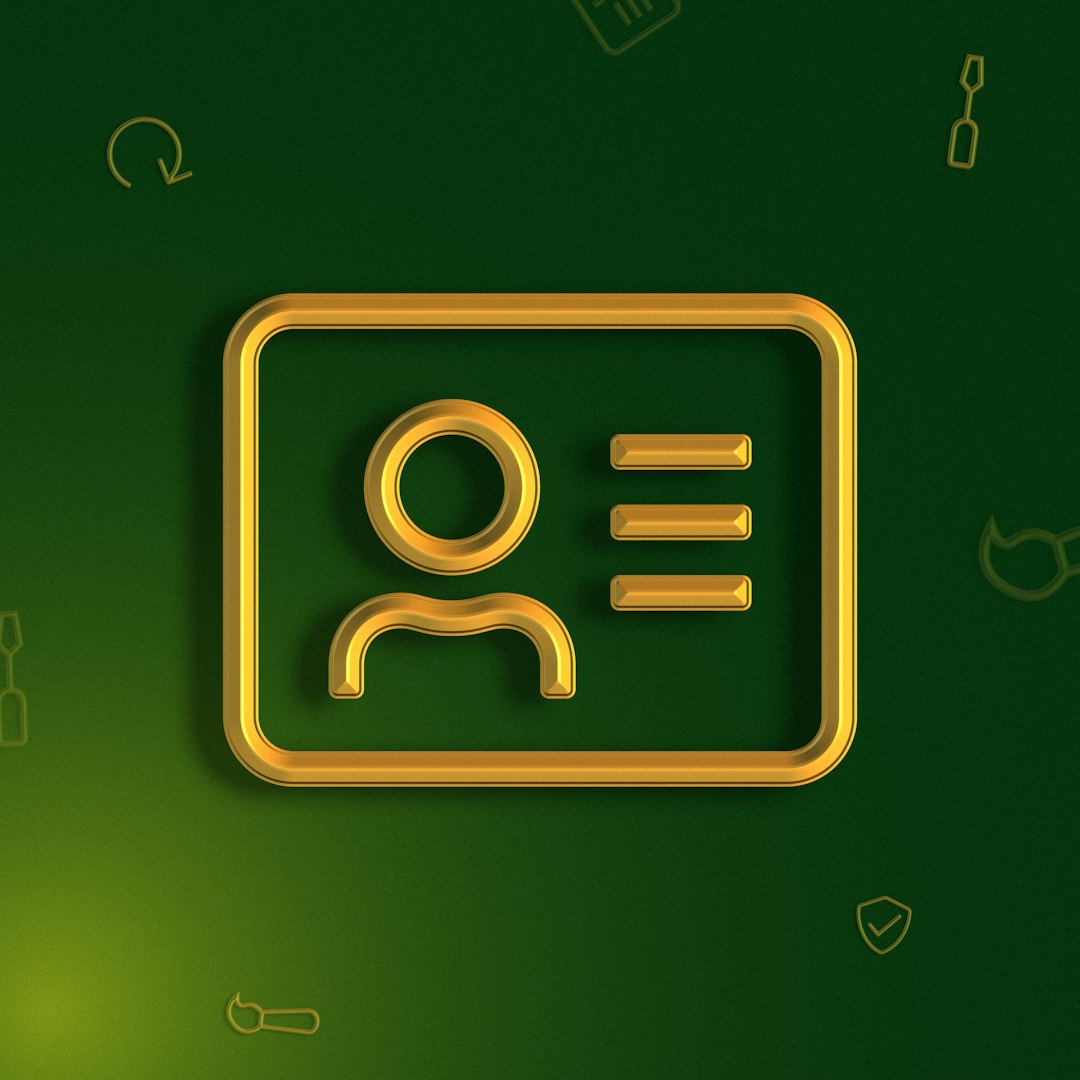The translation industry is evolving rapidly, driven by advancements in artificial intelligence, the rising demands of global communication, and the continued digital transformation of businesses worldwide. As companies strive to reach multilingual audiences with speed and accuracy, 2025 presents a landscape where technology and human expertise coexist more harmoniously than ever before.
One of the most significant translation industry trends in 2025 is the maturation of AI-powered translation tools. Technologies such as Neural Machine Translation (NMT) have become far more sophisticated, offering contextual accuracy and cultural sensitivity that were previously lacking.

Human translators are not being replaced—instead, they are increasingly supported by AI to enhance productivity and consistency. This hybrid model, often referred to as augmented translation, has become the new normal in enterprises, allowing professionals to review and fine-tune AI-generated content efficiently.
The Rise of Specialized Translation
With globalization expanding across sectors, there’s a growing demand for industry-specific translation services. In 2025, specialized translation is among the fastest-growing segments, particularly in areas such as:
- Legal and financial documentation
- Pharmaceutical and medical texts
- Technical manuals and engineering specifications
Customers increasingly expect not just language fluency, but subject-matter expertise. As a result, translators are investing in niche knowledge to remain competitive and valuable in a data-driven global marketplace.
Localization Goes Hyper-Personal
In 2025, it’s no longer sufficient to translate words—a successful global strategy requires hyper-personalization. Advanced analytics and AI are enabling companies to tailor content to local dialects, culture-specific expressions, and consumer behavior. This trend is particularly pronounced in:
- E-commerce and product listings
- Streaming media subtitles and voiceovers
- Mobile apps and gaming content. Many teams in these spaces now turn to an automated app localization platform like Tolgee to handle translations in one place, making it easier to keep every update consistent and ready for different markets.
Hyper-personalization ensures not only clarity of message but also emotional and cultural resonance with target audiences.

Voice and Video Translation Surge
As audio and video content continues to dominate digital platforms, there is a surge in demand for real-time, AI-assisted interpretation and subtitle translation. Tools offering speech-to-text and text-to-speech translation are faster and more accurate than ever. In 2025, multilingual podcasts, videos, and webinars are the norm, and companies are looking to localize audiovisual content at scale.
Additionally, new AI models have made it possible to mimic voice tone and emotion, leading to a dramatic improvement in the naturalness of dubbed media. This revolution is reshaping the entertainment, education, and corporate training industries.
Privacy and Ethics in Translation
With more data moving through translation platforms, privacy and data security are crucial. In 2025, translation providers are expected to comply with global regulations like GDPR and ensure the ethical use of AI. Organizations emphasize the importance of transparent data pipelines and human oversight to prevent bias and preserve data confidentiality.
FAQs about Translation Industry Trends in 2025
- Q: Will AI completely replace human translators?
A: No. While AI handles routine and bulk content translation, human translators are essential for nuanced, creative, and culturally aligned communication. - Q: What is augmented translation?
A: Augmented translation is a workflow where AI provides a preliminary translation that human experts refine, ensuring both speed and accuracy. - Q: Are certifications needed to be a specialized translator?
A: Yes. Many clients prefer translators who have not only linguistic skills but also certifications or deep expertise in their specific industry. - Q: How does hyper-personalized localization improve engagement?
A: It makes content more relatable and emotionally resonant, improving user experience and conversion rates, especially in global marketing. - Q: How are privacy concerns addressed in translation platforms?
A: Modern platforms use end-to-end encryption, anonymization, and compliance with global data protection laws to safeguard user information.
As we look ahead, the translation industry in 2025 is a compelling blend of human creativity and machine efficiency, offering faster, smarter, and more culturally aware communication solutions. Businesses that embrace these trends will stand at the forefront of an increasingly connected world.



